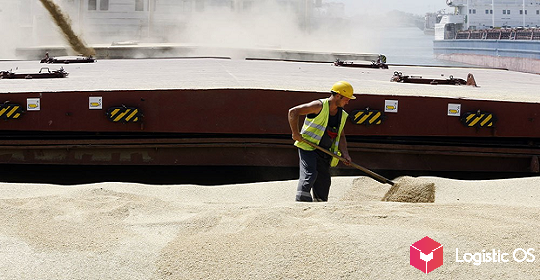Currently, sunflower oil producers are faced with an increase in export duties, which significantly complicates their work.
From February 1, the export duty on sunflower oil should increase significantly: by 1,700 rubles at once, eventually it will be around 17,800 rubles per ton.
This is a major obstacle for farmers who sell their products abroad, since it deprives them of a significant portion of their profits.
At the same time, experts note that at the moment there are no serious reasons for the duty to increase, one can only assume that it is growing «by inertia», since world prices for oil are not growing at the moment.
The current situation leads to the fact that many enterprises that process sunflower into oil refuse to purchase raw materials.
Prices for seeds are now quite high, since producers are in no hurry to sell their products in the hope that prices will rise even more. At the same time, the high duty does not allow selling oil to fully cover costs.
As a result, small factories are now starting to stop working, and large ones are reducing the volumes of processed seeds.
According to analysts, this situation may last for several more weeks.
It should be noted that it is developing not only in Russia, but also in a number of other countries producing sunflower and oil.
The underlying reason may be that this year there is less sunflower in the world as a whole than last year, and Russia has also been affected by a decrease in the harvest by about 2 million tons.
By the way, if the new US President Donald Trump reduces the volume of soybean processing for biofuel, this soy will also “splash out” on the market, competing with sunflower and further reducing prices.
All this may eventually lead to higher prices for oil within the country, experts say.
If there is no increase in world prices for oil or a significant fall in the ruble exchange rate, which will allow more rubles to be received for each dollar, then the situation for Russian producers of seeds and oil will worsen.
Not to mention that the downtime of factories that do not want to buy raw materials at a high price is also costly for the economy, and it may end up with end consumers seeing higher prices in stores.
To avoid the government having to negotiate with retailers again about maximum prices for oil, experts believe there is a simple way — to reduce the export duty.
But until this is done — apparently to avoid a shortage of oil within the country — the crisis situation in the industry may persist for some time.

